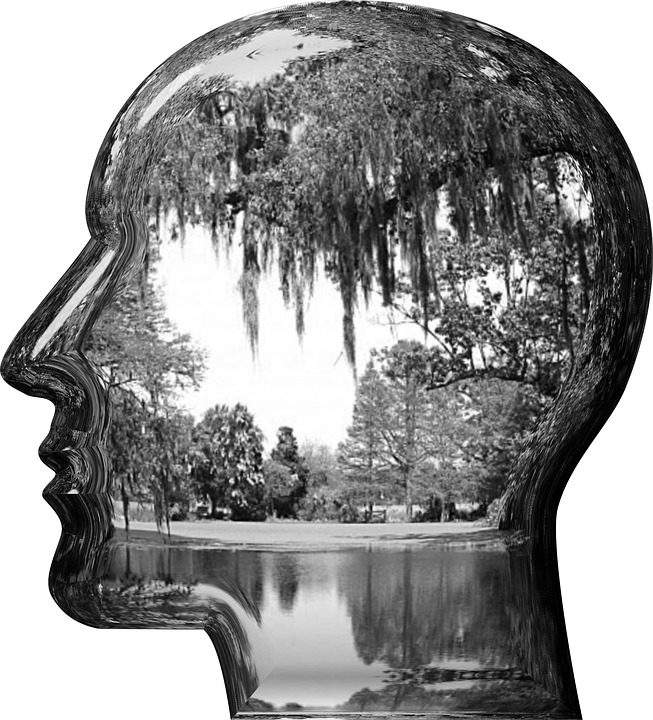A firm point of reference for examining the connection that exists between thought and existence is the observation of order.
Order implies thought. And anything that in any way whatsoever exists can, in one way or another, be traced back to order and thought.
Consider the following. A house is first conceived as a plan in the mind of the architect. Before its construction, a house is only a thought. Only after construction, the house is a building standing in the real world. Through architecture, man is able to produce something outside of himself, something having its own independent existence.
The thought is prior to the existence
Things made carry with them an imprint of the author’s mind. In the making of things, thought is prior to existence.
Now, the intellectual activity of man can also be directed towards the acquisition of knowledge of what is already in existence in the universe.
Let us consider, for example, the animal kingdom. Man’s observation of and inquiry into the animal kingdom have produced a body of knowledge which now comprises a major part of the science of biology. Animals have enriched the content of our knowledge because, before being known, animals exist in the real world. In this case, existence is prior to thought.
With the art of architecture and the science of biology, we have exemplified a profound distinction.
In one way, things come into existence through the intervention of ordering thoughts conceived by human intelligence. This is the realm of the artificial. In another way, things come into existence in accordance with God’s ordinance and without the mediation of man. This is the realm of nature.
God is the one in charge
In the realm of nature, we ordinarily say, God is the one in charge.
The realm of the artificial is wide and covers not only the external fabrication of instruments and the production of art, but also internal realities such as the acquisition of virtues and the learning of languages, not to mention the establishing of conventional signs, the systems of law, calendars, family traditions, and so forth.
All these artificial realities acquire real existence through the intervention of human thought.
The things of nature, on the other hand, do not need the measure of man’s thoughts to become real existing things. God brings them into existence and God is uninterruptedly sustaining the things of nature in existence.
 Of course, some elements of artificial things are natural. But man does not create in the way God creates, and man does not maintain artificial things in existence the way God maintains the things of nature in existence.
Of course, some elements of artificial things are natural. But man does not create in the way God creates, and man does not maintain artificial things in existence the way God maintains the things of nature in existence.
Existence itself can be made an object of thought. In this way, philosophers have come up with definitions of existence.
When we have evidence of a particular thing actually existing in the world, and we proceed to affirm its existence, we are simply translating our knowledge of the fact of existence – a thought – into a true statement.
For example, when we say, “It is a fact that Lake Michigan exists” or “It is a fact that the White House exists,” we simply acknowledge the presence of something having real, demonstrable existence, and this regardless of whether the thing is natural or artificial.
In more philosophical terms, the principle is this: “Whenever anything exists, its existence is a fact.”
The existence of natural things gives content to our thoughts. Our thoughts, in turn, contribute to the coming into existence of artificial things.
The two domains are complimentary but there is a substantial difference between the ordering thought behind the existence of artificial things and the ordering thought behind the existence of the things of nature.
The conclusion, however, is straightforward: thought and existence are related.






